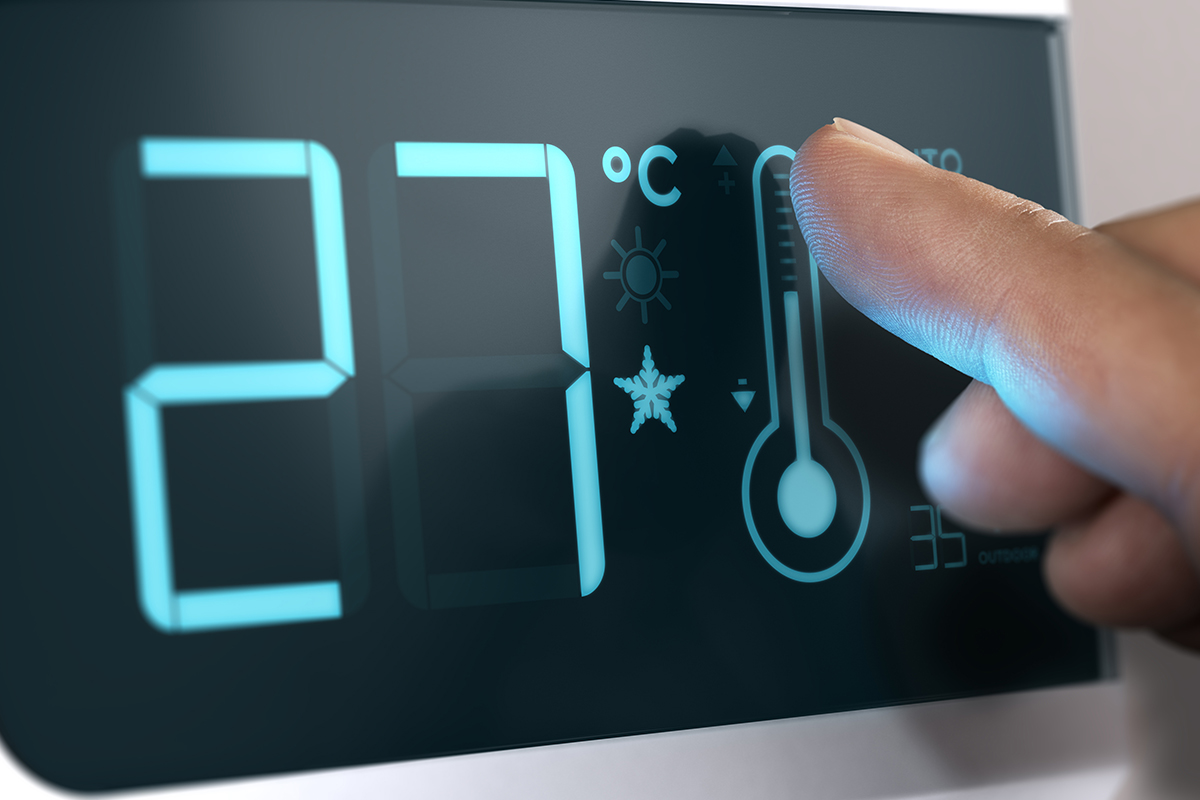During the summer, most homeowners set their air conditioner to a chilly 19 or 20 degrees Celsius. This can easily make your electricity bills skyrocket. Simple adjustments to your air conditioning habits can help your family save a surprising amount of money. Read on to find out.
What Temperature is Best for Air Conditioning? The Ideal AC Temperature for Electricity Savings
In air conditioning parlance, it’s a known fact that, for every degree that you decrease your air conditioner temperature in summer, you’ll save a certain percentage on your energy use. There are two modes which allow a temperature set point to be made: cooling and heating mode. Everyone has different heating and cooling preferences; hence the set temperature will vary. From our experience, the general norm is to set a cooling and heating mode at around 22 Celsius. Setting your air conditioner lower than 21 Celsius in cooling mode is generally regarded as too cold and a waste of electricity. Likewise, trying to heat a room above 24 Celsius increases the electricity consumption. Setting the AC temperature inappropriately for climatic conditions will result in frequent residential air conditioning maintenance.
What is the Most Efficient Temperature for Air Conditioning in the UK?
The most efficient temperature for air conditioning ultimately depends on the season and the climate of where you live. The best temperature for air conditioning in summer varies depending on whether you’re at the scorching tip of our country or its cooler regions. Despite our extremely diverse weather conditions, most set their air conditioners to 22 degrees Celsius in summer and 19 degrees Celsius in winter without accounting for the local climate.
The Importance of Climate
Climate is the biggest factor in air conditioner efficiency, as it directly affects how hard your unit needs to work to keep you cool. Remember, the climate is more than temperature; it is a combination of environmental factors, including humidity, rainfall, daylight hours, and wind. If you’re in a high-humidity or rainy environment, your air conditioner will have to work harder to regulate the temperature. In this respect, if you set your temperatures poorly, you can expect your bill to soar. Other factors like wind can increase the levels of atmospheric dust, which along with humidity, can clog your filters. To work out the most efficient temperature for your air conditioner, you’ll need to understand the correct temperatures for your climate.
Are you looking for expert advice on AC installation and maintenance? Get in touch with RC Cooling to get a free quote for residential air conditioning in Surrey.
In Conclusion
Simple adjustments to your air conditioning habits can save a surprising amount of money. RC Cooling has been serving as a leading Air Conditioning Contractor operating in Surrey, Sussex, and London since 2015. As fully-certified AC engineers, we are ready to tackle anything from complex to minor. We’re fuelled by a commitment to excellence and go the extra mile to ensure our clients are satisfied with our work, whether it’s domestic or commercial air conditioning repair service.

